|
Among the dead were two journalists. A cameraman working for the Office of the President was killedwhen he was caught in the crossfire outside the Presidential Palace on 8 July. On 11 July, John Gatluak Manguet Nhial and his colleagues were attackedin their workplace. According to reports, gunmen identified him as a member of the Nuer tribe, and shot him dead.
After a fragile cease-fire was established Alfred Taban, editor-in-chief of the Juba Monitor, wrote and published an article calling for Salva Kiir and Riek Machar to step down. He was arrestedon 16 July and has now been charged with "undermining the presidency” and "publishing false information”. Despite his poor health, he has been denied adequate medical treatment.
Mr Taban’s arrest shows once again that governments in the East and Horn of Africa consider the critical voices of journalists and civil society to be more of a threat than a contribution. While these events transpired in South Sudan, Puntland’s Minister of Information demandedthat media houses register all journalists before 25 July. When asked about the legal basis for this measure by journalists, he threatened "bullets and beatings” for those who would not comply.
This month, on 1 July, Burundi, Rwanda, and Somalia celebrated the anniversary of their independence. In 1960, now sometimes referred to as ‘the year of Africa’, a wave of hope and optimism swept across the continent. From the Atlantic to the Indian Ocean, people rose up against their oppressors and demanded dignity, equality, and self-determination. In essence, they demanded the promise of human rights. Half a century later, those voices are all too often seen as enemies of the state.
Yours in solidarity,
Hassan Shire
Executive Director of DefendDefenders. |
|
|
From the sub-region
Burundi
- On 12 July Government representativesrefusedto attend the Inter-Burundi Dialogue in Tanzania, after making a last-minute objection against the presence of members of opposition parties and civil society;
- On 28 and 29 July, experts of the UN Committee against Torture (CAT) exceptionallyexaminedBurundi, following extensive allegations of increased use of torture, arbitrary arrests, extrajudicial killings, and enforced disappearances. Ahead of the session DefendDefenders, together with a coalition of Burundian and international NGOs,providedexperts an alternative report describing the alarming situation in the country. In June 2016, the UN High Commissioner for Human Rights alreadydocumented651 cases of torture in Burundi between April 2015 and April 2016.
Djibouti
- The International Criminal CourtreferredDjibouti and Uganda, both signatories to the Rome Statute, to the UN Security Council and the Assembly of State Parties, after their governments failed to arrest Sudanese president Al-Bashir during official visits in May 2016.
Ethiopia
- On 9 July, Ethiopian authoritiesblockedaccess to social media to "prevent students being distracted from studying during the exam period and to prevent the spread of false rumours.” The blackout came only nine days after the UN Human Rights Council adopted aresolutioncondemning measures to prevent and disrupt Internet access.
Kenya
- On 17 July, four police officers werechargedwith murder over the deaths of human rights lawyer Willie Kimani, his client, and their taxi driver. The three men were abducted outside the Mavoto Law Courts on 23 June, after a hearing into a pending case against a senior police officer. Their bodies, all showing signs of torture, were found eight days later in a river on the outskirts of Nairobi. The events led toprotestsacross Kenya and drew widespread internationalcondemnation;
- Kenyan security forces have forcibly disappeared at least 34 people in the last two years,accordingto Human Rights Watch. Although allegedly suspected of links with Al Shabaab, none of them have been charged with a crime, and their families cannot locate them.
Somalia/Somaliland
- On 9 July, security forces in Jowhar districtraidedthe premises of City FM, arresting two journalists and confiscating equipment. Two days earlier, the station had broadcasted interviews with internally displaced people, who criticised the regional administration’s distribution of food aid;
- In a letter dated 9 July, Puntland’s Minister of Informationinstructedmedia outlets to accredit all journalists by 25 July, adding that failure to do so would lead to an effective shutdown of the media. When asked about these legal restrictions on 23 July, he told assembled journalists "we will not look at the law. We will use bullets and beatings”;
- On 17 July, the Hargeisa Regional Court held its firsthearingin a criminal case against the editor-in-chief ofHangoolnews,who stands accused of "publication of false news, false accusations, and defamation,” after voicing criticism on regional authorities. He is one of seven journalists now facing criminal charges in Somaliland.
South Sudan
- On 11 July, John Gatluak Manguet Nhial, a journalist working for Naath FM and Internews, waskilledby armed men amidst reports of fighting throughout Juba. It is believed that his murder was ethnically motivated, as he and his colleagues were attacked at their work place but only Gatluak was shot dead after being identified as a member of the Nuer tribe;
- On 16 July, Alfred Taban, editor-in-chief of the Juba Monitor, wasarrestedafter writing and publishing an article calling on Salva Kiir and Riek Machar to step down after violenceeruptedin Juba. He suffers from serious health problems and was charged on 26 July with "undermining the presidency” and "publishing false information”. The nature of these charges prevents him from seeking bail.
Sudan
- Three human rights defenders (HRDs) associated with the Khartoum-based TRACKS for Training and Human Development are stilldetainedat the offices of the National Intelligence and Security Services. The three men have been held since 22 May and are accused of crimes against the state, but none of them has been charged.
Tanzania
- According to the Tanzania Human Rights Defenders Coalition (THRDC), on 20 July, seven people, including former Member of Parliament Methew Oletiman were arrested for allegedly participating in espionage together with the Swedish blogger Susana Nurduland, who has been reporting on land issues affecting Loliondo pastoralists. On 22 July, a lawyer sent by the THRDC and the Legal Human Rights Centre was briefly detained on the same charges but released on bail later that day.
|
|
DefendDefenders
- Provided protection grants to five HRDs and referred or provided technical support in 26 other cases;
- Organised follow-up workshops for Burundian and Sudanese HRDs, and conducted security assessments for NGO offices;
- Joined the face-to-face Interim Steering Committee meeting of the Open Society Foundations;
- Attended consultations with Defenders Protection Initiative on a draft law for the protection of human rights defenders in Uganda;
- Participated in a User Experience Designforumin San Francisco, to discuss ways to make digital solutions better accessible to HRDs in Africa;
- Joined a civil society working group on Tanzania’s Universal Periodic Review;
- Attended the public launch of the democracy and security dialogue of the Community of Democracies in Washington D.C.;
- Hosted a partner meeting with the Open Society Initiative for Eastern Africa;
- Featured in an interview with Internews, discussing the use of technologies for local communities.
|
|
|
|
|
From our network
- The board meeting of the National Coalition for Human Rights Defenders – Uganda was held on 28 July;
- The Uganda Women’s Network is inviting applicants for a two day skill enhancement training on effective lobbying, advocacy, and international treaty reporting mechanisms and processes. Applyhere;
- The Civil Society Leadership Award provides a fully funded Masters degree study to individuals who demonstrate academic and professional excellence and a deep commitment to leading positive social change in their communities. Applications will be accepted until 15 September 2015;
- Trust Africa is looking for a Legal Officer to contribute to the strategic direction of the Fund, provide analysis of relevant legal trends, identify relevant partners, and provide technical support throughout the project cycle. Find more informationhere;
- The Institute for Justice and Reconciliation is acceptingapplicationsfor its annual Transitional Justice in Africa Fellowship Programme in South Africa. Applicants from Burundi, the Democratic Republic of Congo, Kenya, Somalia, South Sudan, Uganda and Zimbabwe will be given preference;
- The International Federation for Human Rights (FIDH)publisheda practical guide supporting lawyers and HRDs submitting complaints before the African Court of Human and Peoples’ Rights.
|
|
|
|




 0
0 
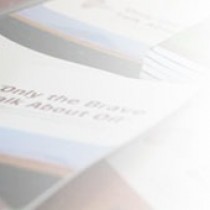



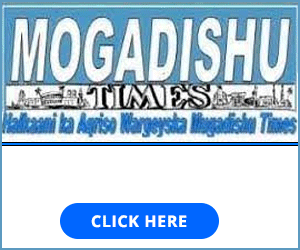
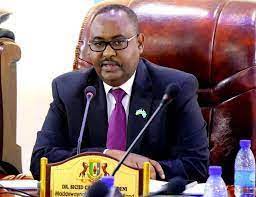
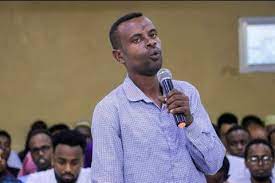
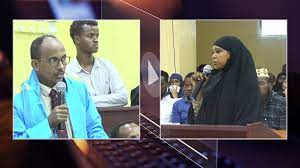

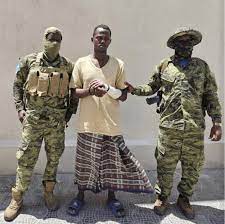


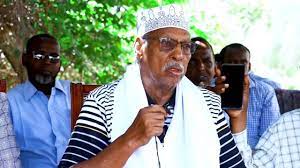
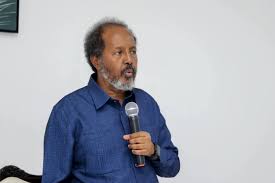
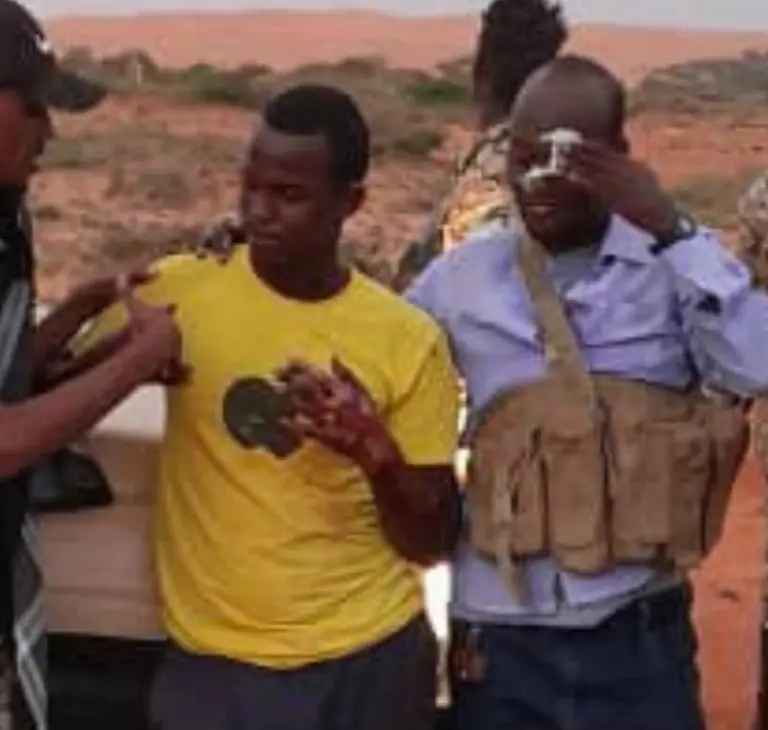
Dear friends and colleagues,On 9 July, South Sudan marked its five-year anniversary as a sovereign state not with celebrations,
but with violence. Two and a half months after Riek Machar returned to Juba to take up the post of First Vice President under the terms of the August 2015 peace agreement, his troops clashed with those loyal to President Salva Kiir. The altercation l